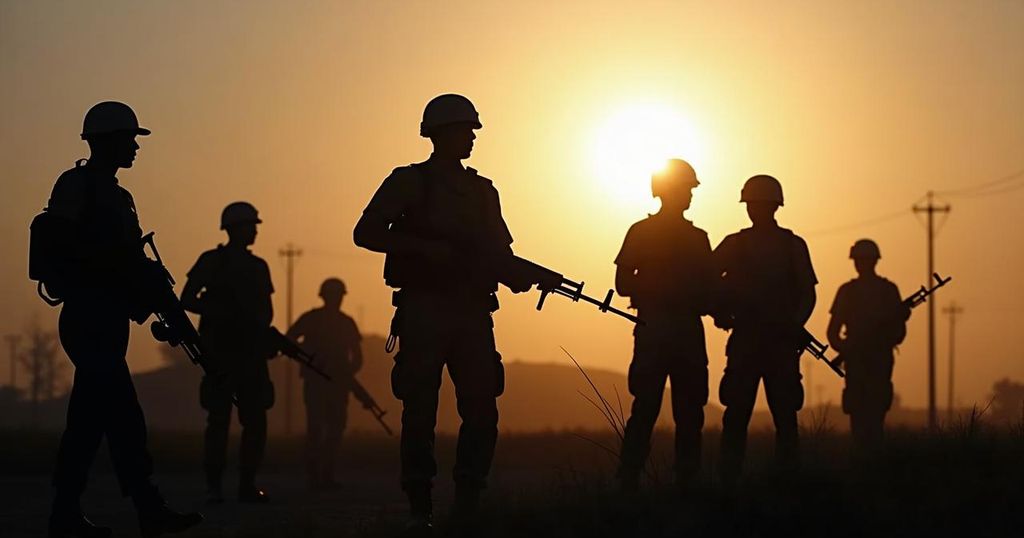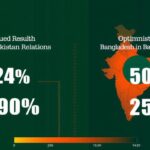U.S. Rescinds Call for U.N. Peacekeeping in Haiti Amidst International Tensions
The United States has withdrawn its proposal for a U.N. peacekeeping mission in Haiti due to pressure from Russia and China. The Security Council will vote to extend the existing Multinational Security Support mission until October 2025, which has previously struggled with limited personnel and funding. The transition to a formal peacekeeping operation, while potentially beneficial, faces significant skepticism from various stakeholders, including the Haitian populace.
The United States has rescinded its initiative to solicit a plan from the United Nations Security Council aimed at transforming the existing Multinational Security Support (MSS) mission in Haiti into a formal U.N. peacekeeping operation. This decision was influenced by the need to alleviate concerns expressed by Russia and China, who are opposed to the proposed transition. “We don’t want to prejudge MSS’s outcome. Too early to make conclusions,” stated Dmitry Polyanskiy, the Deputy Russian U.N. Ambassador. The MSS mission, which commenced about a year ago upon Haiti’s request for help with rampant gang violence, is currently led by Kenya and consists of volunteers from various nations providing funding and personnel. To date, only 400 Kenyan police officers have arrived in Haiti to assist with the dire security situation, characterized by a lack of funding and insufficient manpower. The Security Council is scheduled for a vote on a draft resolution that would extend the MSS mission’s mandate until October 2, 2025. Although transitioning the MSS into a U.N. peacekeeping force could secure more stable funding and resources, the move has not found favor among certain council members. U.N. Secretary-General Antonio Guterres previously expressed that establishing a U.N. peacekeeping force may not represent the most effective solution for Haiti’s ongoing humanitarian crises, which include severe displacements and violence. Edgard Leblanc, leader of Haiti’s transition council, however, has advocated for the transition to a peacekeeping operation, reflecting on the necessity to prevent historical errors from repeating. Secretary of State Antony Blinken also discussed this issue during a recent visit to Haiti, emphasizing the potential benefits of such a change in status. However, many Haitian citizens remain skeptical of a U.N. armed presence, given past experiences that have led to public health crises and numerous allegations of misconduct. In summary, the recent shift in U.S. strategy regarding Haiti peacemaking efforts exemplifies the complex geopolitics at play within the Security Council while highlighting the significant challenges that Haiti continues to face as it seeks stability and support.
The situation in Haiti has deteriorated significantly in recent years, with rampant gang violence resulting in widespread displacement, humanitarian crises, and an urgent need for effective security measures. The Multinational Security Support mission was initiated as a response to these escalating issues, with countries providing voluntary assistance. However, the political dynamics within the United Nations Security Council, particularly the influence of Russia and China, have complicated efforts to formalize a comprehensive peacekeeping operation that could provide more reliable and sustained support for the troubled nation.
The U.S. withdrawal from requesting a transition plan for formal peacekeeping in Haiti reflects broader geopolitical tensions within the U.N. Security Council. As Haiti faces severe security and humanitarian challenges, the influence of international politics continues to hinder the potential for robust and effective solutions. The need for a balanced approach that considers both the exigencies on the ground and the geopolitical realities remains imperative for Haiti’s future stability.
Original Source: www.usnews.com








Post Comment